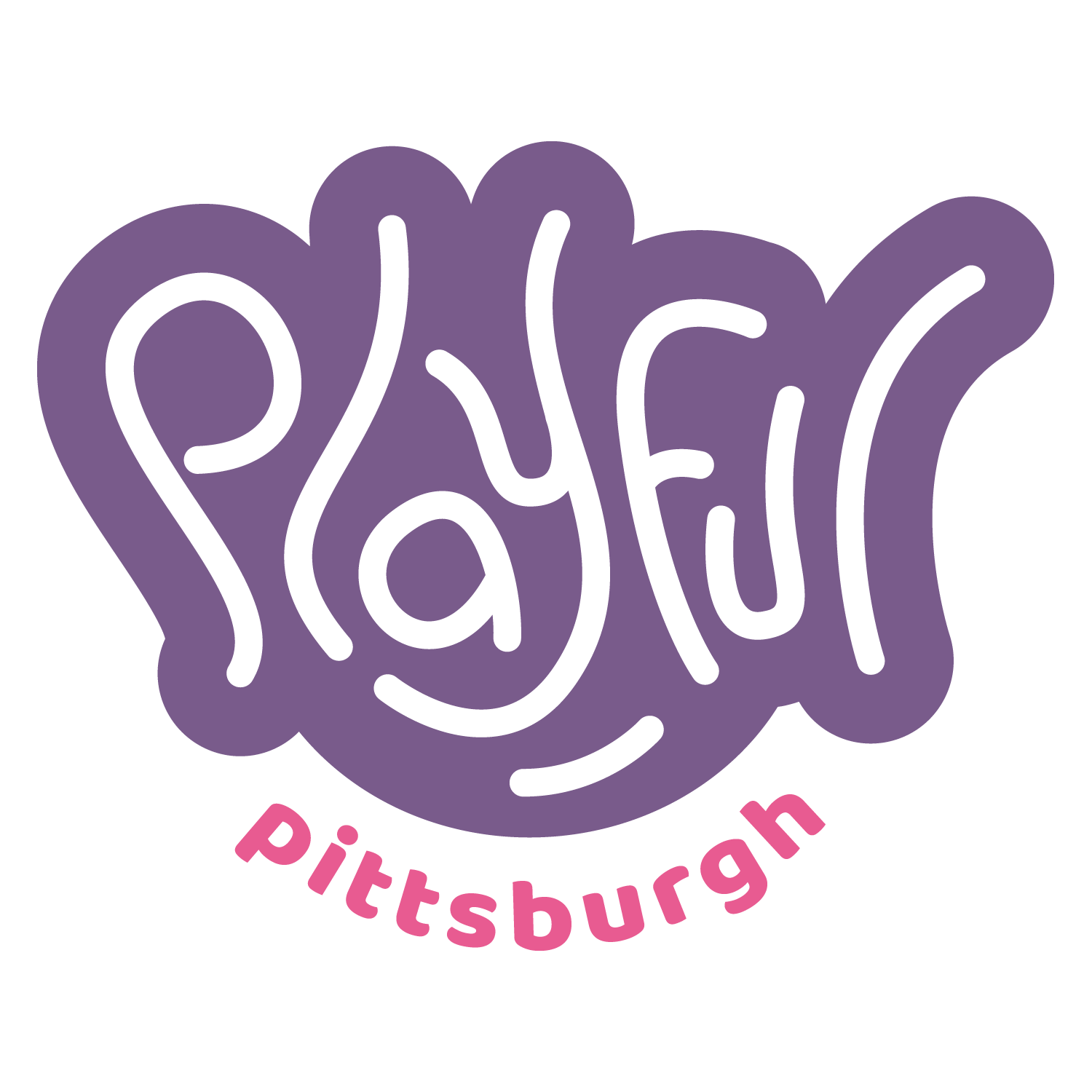The Relationship Between Learning through Play and Holistic Skills
“Learning through play helps children develop the skills they need to thrive”
Children are naturally curious and come into the world ready to experiment and learn through play. Using play as an effective learning concept not only helps children to adapt the structure of their brains, but also to strengthen the skills children need to continue being engaged, flexible learners for their whole lives.
Research shows that people learn best from experiences that are joyful, that meaningfully connect the play to their lives, actively engaging, allow testing things iteratively, and are socially interactive. These experiences will not always occur at the same time for children, which is why children need variety in the types of play that they experience.
Here are five characteristics of playful learning experiences that help children grow and thrive:
Joyful - This is all about the joy of discovery. Joyful play sparks the brain’s reward centers, triggering a feel-good chemical called dopamine. Higher dopamine is linked to better memory, attention, creativity, mental flexibility and motivation.
Meaningful - Playful learning is meaningful when it links new experiences – like seeing a horse in a field – to familiar ones – like the horse in a child’s favorite picture book. Drawing those connections expands childrens’ grasp of the world. And it lights up a number of different areas of the brain: motivation, sense-making, reflection and memory.
Actively Engaging - When a child is really involved in an activity, they take charge of their learning. Making decisions and pushing away distractions have long-term benefits for what’s called 'executive control' – how we focus, plan, remember instructions and juggle tasks.
Iterative - Practice makes... creative. When children keep adapting and improving games, skills, ideas and activities, they’re firing up reward and memory networks. In the long term, that’s linked to flexible, innovative thinking.
Socially Interactive - Playing with others is often more fun – and it builds healthy relationships. That’s crucial for better mental health, as well as teaching empathy and preparing the brain to deal with stresses and challenges throughout children’s lives.
Play also helps to unlock certain holistic skills from children that benefit them throughout their lives. Through play, children flex and find their way. Instead of noting down rigid facts and figures, they hone ways of thinking, creating, working together and testing ideas.
Here are the five super skills that are developed when children learn through play:
Physical Skills - Physical play releases endorphins, which makes physical play great mood-boosters no matter the age of the person. Physical play is more than just rough and tumble. Balancing blocks, planting flowers, or building models are all physical games that build fine motor skills.
Social Skills - When children work together to solve problems, they learn to think through ideas, listen to others, and even negotiate. Playing together builds empathy by helping children think about their teammates. Being able to collaborate will help them do better at school and work, build friends for life, and connect with their caregivers and families.
Emotional Skills - Play is also practice for dealing with unpredictable or uncertain emotional moments. Children enjoy fun and cheers with play, but also can face frustration when things do not go their way. Practicing how to manage emotions level-headed in a crisis is an essential skill that carries immense social-emotional benefits as children grow.
Cognitive Skills - When learning is playful, children get immersed in creating strategies and solving problems. The joy of play gives them the incentive to develop complex reasoning skills, memory, and concentration. Since children never know what the future holds, all that flexible thinking will help them adapt to whatever new careers and life challenges the adult world has to offer them.
Creative Skills - Creativity is how children tell the world about themselves through writing, storytelling, performing, artwork, and…how they draw connections, make sense of abstract ideas, and test things out. Creative play puts children in charge of exploring ideas, relationships, spaces and problems. Creative play also sparks confidence, as they learn to trust their natural curiosity.
To learn more about developing children’s learning through play and the science behind it, visit The Lego Foundation Learning Through Play website.
